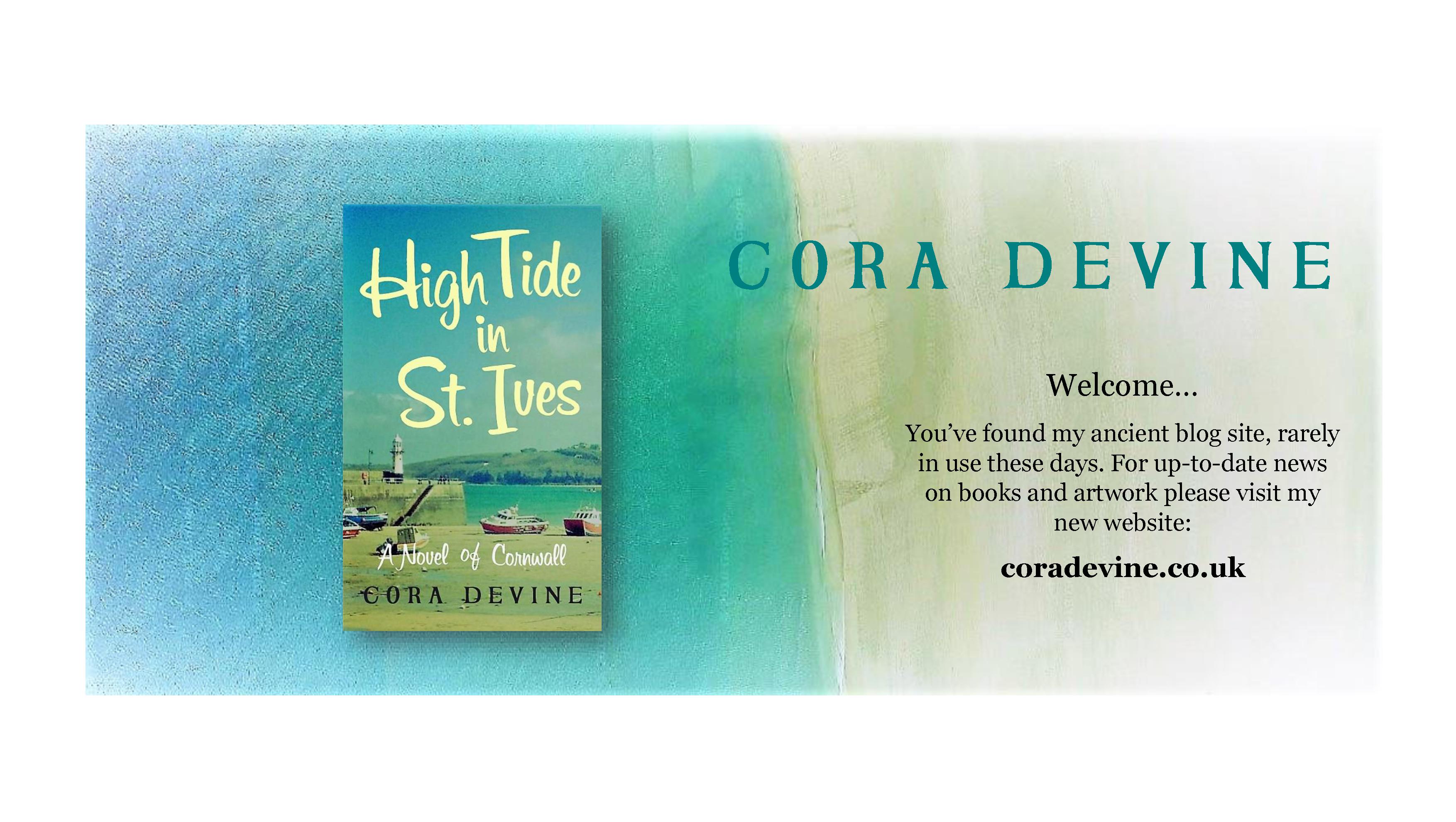The word ‘Idler’ can inspire a wealth of negativity. For many, it conjures up an image of slacking, or even scrounging; of not pulling your weight at the expense of others. It goes against the concept of the modern work culture and ‘contributing to society’. And let’s not forget that the devil, no less, will find work for you.
But that’s not what it means.
I was brought up in a protestant work-ethic environment where even on Sunday, the so-called day of ‘rest’, there were puritanical rules imposed. What should have been a free day of reflection and idle pleasure was somehow twisted into a ban on doing anything at all. Rather than be able to loll the day away guilt-free in play or dreaming, a regime of Sunday school study was imposed; even reading was forbidden unless it was the Bible or the mindless memorizing of Catechisms. Joy and fun were guilty outlaws. But even then I knew something was wrong. It was obvious even as a child, perhaps especially as a child, that we were not supposed to spend our days in such rigid, time-thieving routine and rule-bound enforced activity. And even my indoctrinated, pre-agnostic self saw clearly that, ironically, Jesus promoted idling. Consider the lilies, my friends.
There are others more well-read and qualified to explain than I, but for me, to embrace the philosophy of idling is merely to remind ourselves that our lives are not solely for work alone, but for reflection, study, creativity, and dare I say, pleasure? Idling is about making time for the act of living. That is not to say that to idle is to do nothing. Those who choose to bring up their own children, for example, will not be waged but try and tell them that they do not work at your peril. I find it curious that if someone is employed to look after your children they can hold their heads high in society by answering that most insidious of questions ‘What do you do?’ As a ‘child minder’ or ‘nanny’ they escape scrutiny because they are paid for their efforts. If you are the child’s parent performing the same tasks on an exhausting twenty-four hour basis with no time off and not paid for the delight, then you are deemed a work-shy ‘stay-at-home’ with all the implications of doing nothing.
But this is just an illustration. With or without children you can ‘idle’ your time away quite spectacularly by say, growing vegetables, cooking fresh food from scratch, ‘foraging’ by foot on a daily basis rather than stockpiling food once a week by car… all laborious tasks, but you get the picture. Think of it as constructive idling – and the more self-sufficiently and independently you can live, the better. Ideal idling requires self-employment, but part-time waged work is an alternative. In short, the Idler does not necessarily work less, but often does less work for money. He may be money-poor, but time rich.
Yes, you cry, but what about the economy? Will not all society collapse if we all become peaceful idlers? Er, take a look around… but I hear you; idling is all very well and good for artists and philosophers, and independently wealthy ones at that. We all have bills to pay and mouths to feed, and whilst anarchy and self-rule appeal, they should be tempered with co-operation. But which is the easier, lazier path? To take full-time waged work that you might not necessarily enjoy or even care for, for little more than the prescribed reward of an exhausted, disgruntled flop on the sofa at the end of the day with a stiff drink and the TV? Or to have what I like to call a ‘healthy disrespect’ for money and usury in all its forms in order to pursue what inspires? Incidentally, on the subject of wage-slavery, I would be bold enough to suggest that the work-place has changed so radically of late, with job insecurity coupled with a longer working life and no guaranteed pension, that I would personally consider this a deal-breaker. The standard three to four weeks annual leave may be just about acceptable if there is some promise of retirement in sight, but if you’re selling your soul for the rest of your days then I’d be looking at three to four months annual leave a year. At least.
In fact the whole wage-slave ‘model’ looks increasingly precarious. Yet another irony of modern life is that we are bombarded with products which promise to make our lives more carefree… (It is 2011 – where IS my home-Robbie the Robot?!) We’ve been peddled a vision of the future where our lives were going to become easier because machines were going to do all the work. The reality is you are not going to be allowed not to work, but will instead be compelled to struggle for gainful employment in order to survive. Where are the employers offering you that three-day week for the same salary because our lives have magically become enhanced by technology? (Better to use that technology for your own gain, but that’s another tale…)
There is a long history of Idlers; from Aristotle to Samuel Johnson, Jerome K Jerome, Robert Louis Stephenson, and many more. And Keats wrote an Ode to Indolence; so good company then. In more recent times we have Tom Hodgkinson to thank for considering the history of these ideas along with his own delightful observations in his books ‘How to be Idle’ and ‘How to be Free’ (he’s really not paying me), which manage to be both erudite and very funny. And now there is an Idler Academy too. Huzzah!
I do not claim to be a proficient idler, but merely working my way towards it. I know that the way in which modern life has developed leaves most of us with little choice, but even to think about things differently; to entertain the idea of less work and more free time might lead to a more carefree state of mind and consequently a less stressful existence. Let’s just take time now and again to remember our lives belong to us. And just one small act of rebellion a day might set you on the path to freedom.
The sunshine beckons…have a lovely, carefree day. *Wanders off*…




